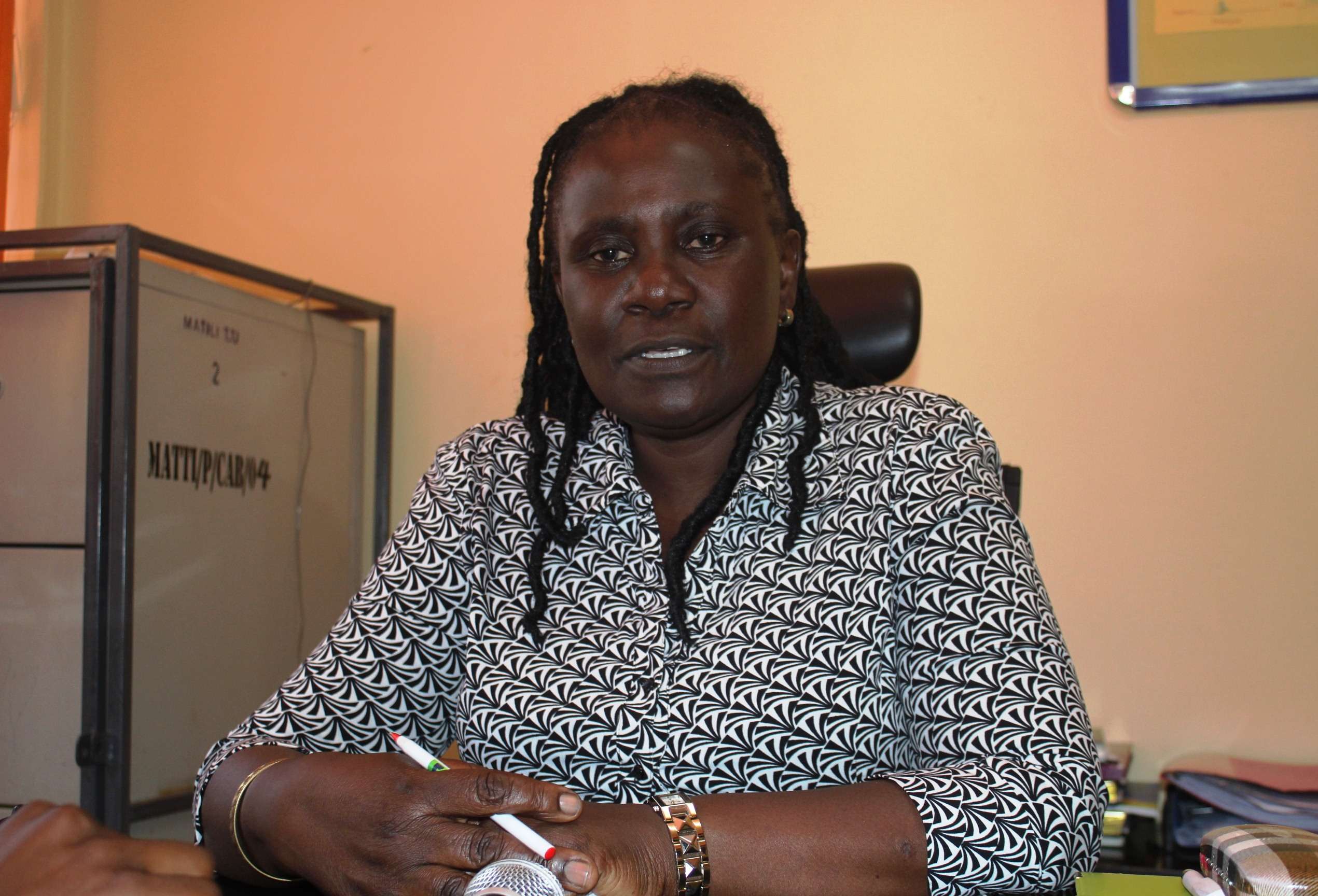Nairobi County’s ambitious Regeneration Project, aimed at transforming ageing estates like Lumumba, Maringo, Ofafa Jericho, and Woodley into modern housing, is under fire from residents who accuse Governor Johnson Sakaja’s administration of secrecy, inadequate public engagement, and mismanagement. The initiative, intended as a flagship urban development program, has instead sparked allegations of land disputes, legal violations, and disregard for residents’ rights.
Residents associations in Lumumba, Maringo, and Ofafa Jericho have criticized the county for failing to involve them meaningfully in the planning process. A member of the Lumumba Residents Association described the county’s approach as “scandalous,” noting that an Expression of Interest (EOI) for the project was published in January 2021, but residents were only invited to a meeting in July 2021, after key decisions appeared to have been made. “Our involvement was a mere formality,” she said, adding that promises of a rent-to-own model for new homes have been overshadowed by unresolved land ownership disputes. The county’s push to demolish existing homes without clarifying land titles has left residents feeling betrayed and at risk of displacement.
In Maringo Estate, residents allege that the regeneration project violates the County Governments Act, as it was not approved by the County Assembly. They also claim that the county ignored their constitutional right to public participation. A resident noted that multiple letters sent to Governor Sakaja have gone unanswered, describing the lack of response as “a deliberate snub.”
The situation in Woodley Estate is equally contentious, with residents facing imminent evictions. While some have received a KES 900,000 relocation allowance, others report receiving no compensation or clear guidance. Sam Gachagua, Chairman of the Woodley Residents Welfare Society, condemned the county for inadequate consultation, warning that “the threat of forceful eviction without proper engagement is unacceptable.” He called for an urgent meeting with Sakaja to resolve the issue. Compounding residents’ concerns, a High Court ruling declared land title deeds in the estate null and void, undermining claims of ownership, particularly for those who believed they had purchased their homes under a waiver announced during former Governor Mike Sonko’s tenure.
Governor Sakaja has downplayed the criticisms, describing the regeneration project as “an offer” and urging residents to “partner” with the county. “The goodwill being given by the County Government must be responded to in equal measure,” he said, asserting that the county, as the landlord, has the legal authority to proceed as long as procedures are followed. Sakaja dismissed calls for greater public participation, stating, “When you are a tenant, the landlord can do anything on that property if done procedurally.” However, residents argue that legal authority does not exempt the county from its obligation to engage meaningfully with affected communities.
The mounting grievances highlight a broader failure to address historical land injustices and ensure transparent, inclusive urban redevelopment. Residents are calling for genuine public consultation, resolution of land ownership disputes, and adherence to legal and constitutional requirements to restore trust in the regeneration process. Without urgent action, the project risks further alienating communities and undermining its transformative potential.





